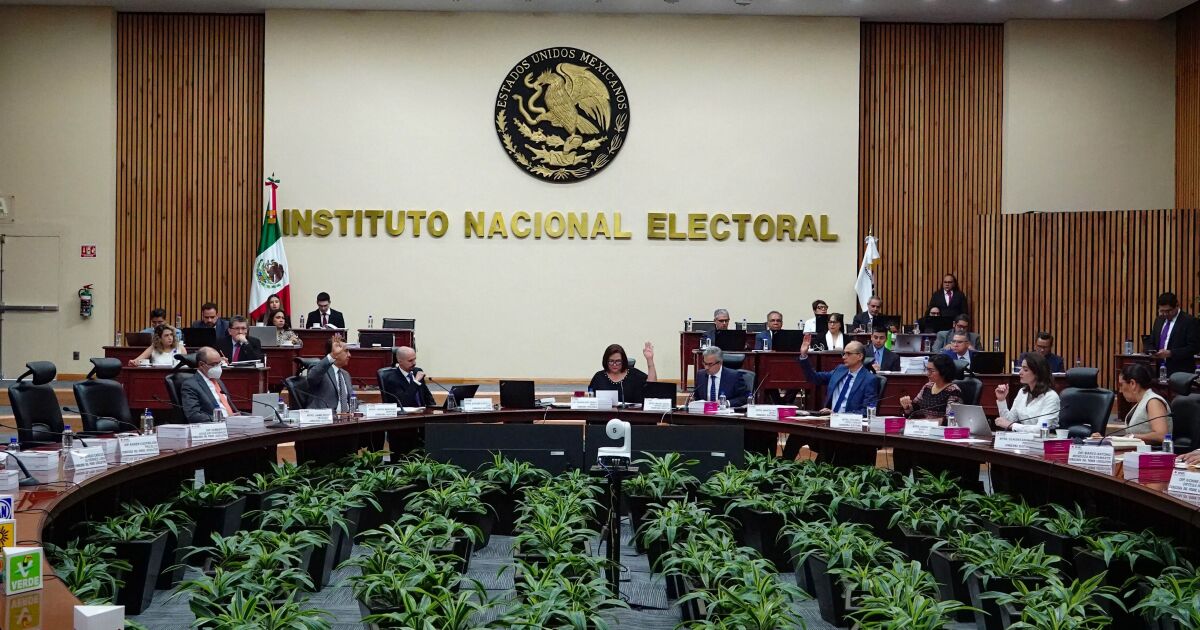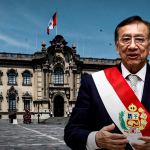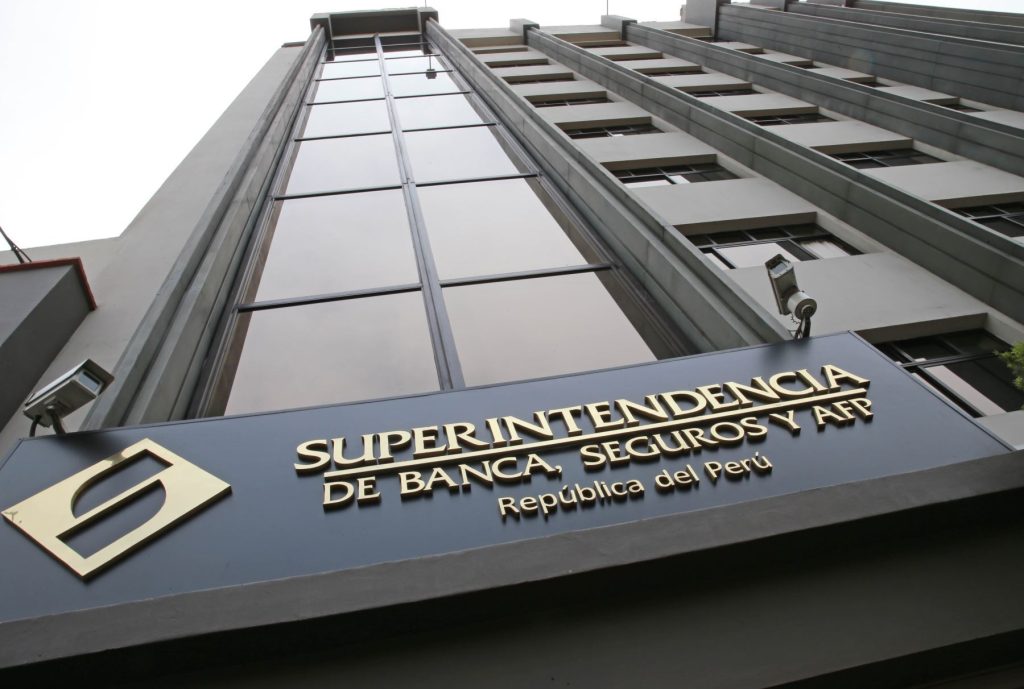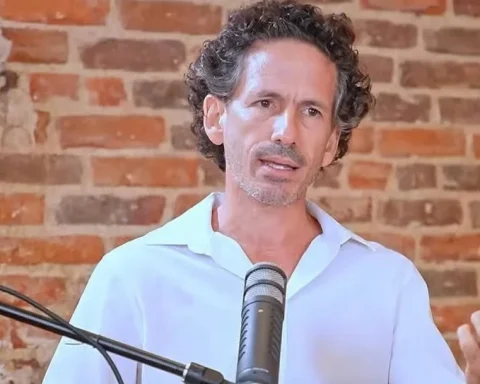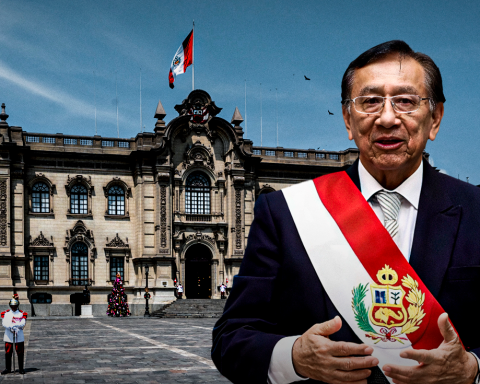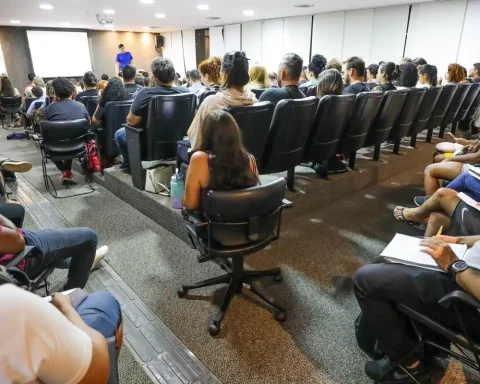In compliance with the Judicial Reform that came into effect last Monday, the INE will begin with this first session the preparation phase of the process leading to the election by popular vote of judges, magistrates and ministers of the Supreme Court of Justice of the Nation (SCJN).
“There are many operational difficulties, and that is what we are working on, but we have many highly qualified technical areas to help us,” said Taddei.
He explained that the first thing they should do is order the reform of the Sessions regulations, in addition to the creation of a new Electoral Geographic Framework and a calendar of activities leading up to the election in June 2025.
“We are starting from scratch,” admitted Taddei, and without resources.
He explained the need for the new cartography because the federal elections organized by the INE are organized by districts.
“In this case, the configuration of the areas of assignment of judges, magistrates and everything that has to do with the judicial power has to do with workloads, procedural loads, it has nothing to do with the 300 districts.”
“Therefore, the first thing we have to do is to tie that together,” and we will also await information from the Judicial Council regarding the positions to be elected, by judicial circuit, as ordered by the reform.
The official considered, in response to a direct question, that one cannot speak of failure because the process has not yet begun, and that to avoid this, the INE must undertake an educational task among citizens, so as to “not fail in how you are going to vote, when you are going to vote, what the ballot will be like, if we are going to have polling stations, if we are going to have voting centers.”
However, he admitted that all this part will still be analyzed and that is where the complexity lies, “because we are starting from scratch, we are setting the rules of the game for the first time, political parties are not participating, we do not have, there are no secondary laws, we do not have all that, but we do have the regulatory power” to substitute the absence of laws.
